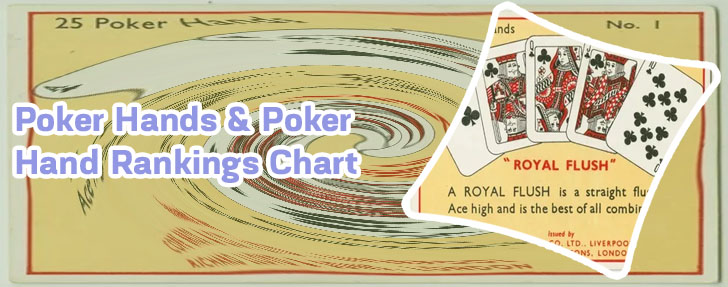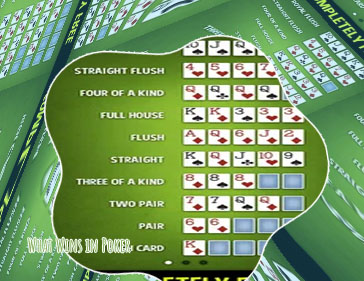- Common Bonus Mistakes
- Aviator game download play store
- Online crazy time game
- Nz casino free spins no deposit
- Aviator betting game
- Online poker bonus
- Free online poker with friends
- 5 card draw poker online free
- Black poker chip
- Online poker rooms
- Poker game
- Poker cards
- Poker stars online
- Poker app with friends
- Online poker table with friends
- Jackpot poker
- Poker stars cards
- Poker offline
- Best poker chips
- Professional poker players
- Unibet poker
- Free poker slots
- Paddy power poker
- Online poker real money
- Online video poker real money
- Governor of poker 2
- Poker sites
- Tournament poker chips
- Free strip poker
- Free world series of poker
- Video poker machines
- Poker cash game
- Private poker games online
- Poker stars promotion
- Free poker machine games
- Wpt free poker
- Party poker app
- Poker deals
- Poker app to play with friends
- Real money poker app
- Live poker
- Poker hands in order
- Wpt poker
- Pokerstars join a poker club mobile
- Poker hands
- Free poker money
- Poker machine
- Free three card poker

Card values poker
Understanding the values of cards in poker is crucial for any player looking to improve their game. Whether you're a beginner or an experienced player, knowing the ranking of cards can help you make better decisions at the table. In this list, we have compiled three articles that will help you understand the different values of cards in poker and how they can impact your gameplay.
The Importance of Card Values in Poker: A Comprehensive Guide

Poker is a game of skill, strategy, and a bit of luck. One of the key elements that can greatly influence the outcome of a poker game is understanding the importance of card values. In poker, each card has a specific value assigned to it, and knowing these values is crucial in making informed decisions during gameplay.
The value of a card in poker is determined by its rank and suit. For example, a higher-ranking card such as an ace or a king holds more value than a lower-ranking card like a two or a three. Understanding the hierarchy of card values can help players determine the strength of their hand, make calculated bets, and ultimately increase their chances of winning.
Furthermore, knowing the value of cards can also help players predict their opponents' hands based on the cards that are on the table. By understanding the potential combinations that can be made with the cards in play, players can make strategic decisions to either bluff their way to victory or fold to minimize losses.
In conclusion, mastering the importance of card values in poker is essential for any player looking to improve their game. By understanding the significance of each card and how it contributes to the overall strength of a hand, players can enhance their gameplay and increase their chances of success. Whether you are a beginner or a
Mastering Card Rankings: How to Use Card Values to Your Advantage in Poker
When it comes to playing poker, understanding card rankings is essential for success at the table. "Mastering Card Rankings" is a comprehensive guide that breaks down the value of each card in the deck and explains how to use this knowledge to your advantage in the game.
The book provides expert insights into how different cards can impact your hand strength and overall strategy during a poker game. By understanding the hierarchy of card values, players can make more informed decisions when deciding whether to bet, raise, or fold. This knowledge can give players a competitive edge over their opponents and increase their chances of winning.
One practical use case of utilizing card rankings to one's advantage is during a high-stakes poker tournament. A player who has mastered card rankings can quickly assess the strength of their hand and make strategic decisions to outplay their opponents. In a recent tournament, a player used their knowledge of card values to bluff their way to a significant pot, ultimately securing a top placement in the event and a substantial cash prize.
Overall, "Mastering Card Rankings" is a valuable resource for poker players looking to improve their skills and elevate their game. By understanding the importance of card values, players can enhance their gameplay and increase their chances of success at the table.
Strategies for Leveraging Card Values in Different Poker Variants
Poker is a game of skill, strategy, and luck, where players must make decisions based on the strength of their hand and the actions of their opponents. Understanding how to leverage card values in different poker variants is crucial for success in the game.
In Texas Hold'em, for example, players are dealt two hole cards and must make the best possible hand using those cards and the five community cards on the table. Understanding the value of your hole cards in relation to the board is essential for making informed decisions about how to play your hand. For instance, if you have a high pair like pocket aces, you have a strong hand that can win the pot without needing to improve on the board. On the other hand, if you have a weak hand like 7-2 offsuit, you should fold and wait for a better opportunity.
In Omaha, players are dealt four hole cards, and must use exactly two of them in combination with three community cards to make the best hand. This means that the value of your hole cards can change drastically depending on the board and the potential hands your opponents might have. Understanding how to leverage the strength of your hand in Omaha requires a deeper understanding of hand combinations and probabilities.